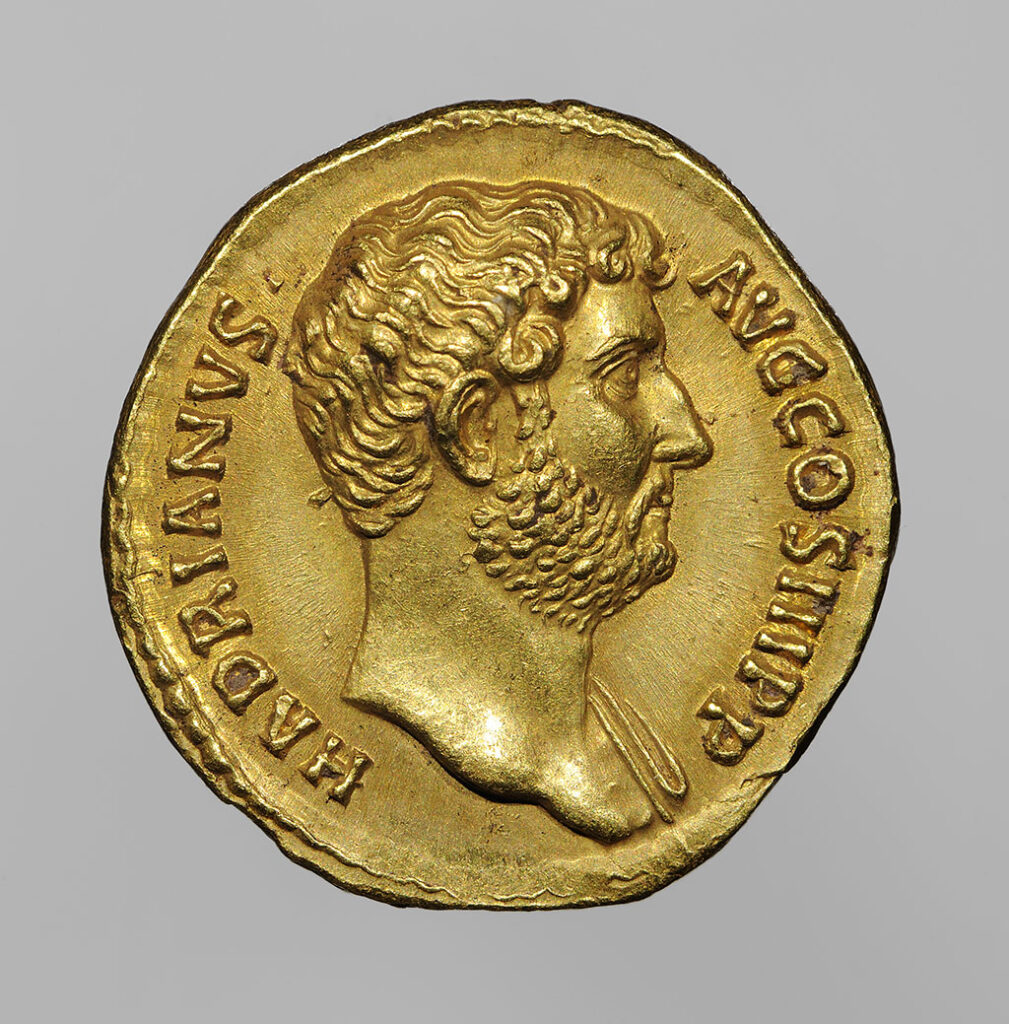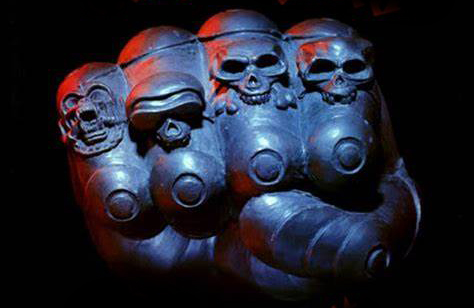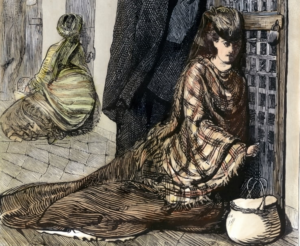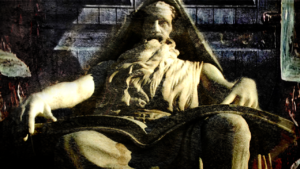The Divine Nature of Gold


Paper money has had the effect in your State that it ever will have, to ruin commerce, oppress the honest, and open a door to every species of fraud and injustice.
– George Washington
Gold represents the solar aspect of divinity – it is a metal which is hard to acquire. The acquisition of gold had high importance for the solar kings of antiquity and was highly revered by the priestly warrior class. The nobles treasured gold as symbolic of their status, and for holding unique and beautiful properties as a precious metal – such as its softness, lustre, and easily recognized aesthetic desirability. Gold coins taken in trade or plunder can be melted and re-minted, or cast into dinner service or sculpture. Thereby it has material value as a base substance; you can not adorn yourself with paper money as jewellery.
Symbolically, gold represents the ideal of spiritual mastery and enlightenment, it is traditionally somewhere just below gemstones as a recognized echelon of acquirement. Something rare and difficult to obtain, making it the symbol of solar wealth. The wealth of the gods. In both Christian and Norse religions, heaven is paved with gold.
Paper money, on other hand, has no divine importance – it represents the wealth of Tartarus. It is credit, which is the basis of usury and exploitation. Societies based upon paper-money-economies empower the most soulless and debased exploiters to gain notoriety and power, due to the varied opportunities for exploitation opened up by adopting a system founded in half-truths and half-values. A small lie is all it takes to open the portal to people representing the energies of Tartarus, who then infiltrate the hierarchies of power.
Paper money doesn’t represent a rare substantial value, with practical use as a material, a keystone of patriarchal testing and acquisition (women,gold, land). A metaphor for the rare solar wisdom of the gods themselves. Because paper money is easy to obtain and fabricate, and yet requires a slavish docile submissiveness to the ‘paper-makers’, to trust in the value the arbitrarily attribute. Paper money keeps mankind bonded to his lower self because the potential quantities of paper money are endless.
Traditionalist kingdoms which valued the divine importance of gold were less susceptible to the corruptions of the merchant class. They lasted for thousands of years, surpassing our civilizations which are now enslaved (tax slaves) to this mercantile class, who hold no values beyond further wealth acquisition. Our ancestors dedicated their temples of the gods, we dedicate our civilization to office buildings and industrial parks, to the mercantile overlords themselves.
Within traditionalist societies, the merchant class were considered near the very bottom tier of the hierarchy, lower than the peasant class, because our ancestors were aware of the dangers and influence of materialistic people. Materialistic people have no interest in dedicating their lives to obtaining glory and wisdom. This class are too materialistic and exploitative (comfort-obsessed and selfish) in their way of thinking to realize: paper money has no sacrosanct value.
Wisdom is rare. Ignorance is endless.












